What happened to America’s love affair with progress?
There is a curious contradiction about Americans that historians have paid far little attention to, in my opinion. America was built by people who took enormous risks. In many cases they left fairly comfortable, stable lives and set off across unknown, hostile territory. Many of them lost their lives. The ones who survived often built their communities rapidly, encouraging immigration and embracing rapid change. Particularly in the late 19th century, as the industrial revolution arrived with a vengeance in America, new industry and new technology were usually welcomed.
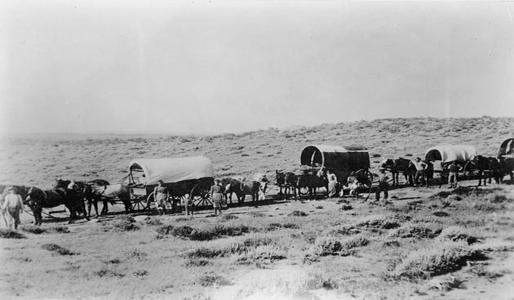
My point is that it was a time of change, rapid change, and many Americans accepted, even demanded change. What is so striking is that many small American cities, built in this way, soon became dominated by a culture that opposed change. Any change. What happened?
To answer this, we first have to realize that with all of the “change” during American expansion, there was also something that was quite constant, even central. That something was white Protestant culture. Most of the Americans who set off into the frontier were devout Protestants. Many of them in fact had a missionary purpose in doing this. The conquest of the American West was often promoted in religious terms. And in any case, people’s faith was without a doubt one of the biggest sources of their confidence in taking such enormous risks.
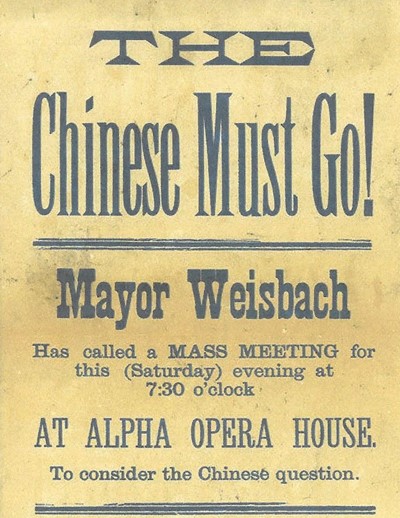
America was overwhelmingly white and Protestant. Whiteness was overtly favored, often in law, but overwhelmingly in practice. Catholic, Jewish, Asian, and African-American communities were marginalized, often subjected to legal restrictions. White Protestant culture was much more than religion, although religion of course was an important element. It also included:
- An adversarial attitude toward nature and preoccupation with purity
- Male supremacy
- Chastity (especially as regards women) and general sex negativity
- Self reliance
- A strong work ethic
- Competitiveness
- Xenophobia and general intolerance toward non-white non-Protestants
For all of the change that was being embraced, white American Protestants absolutely DID NOT embrace any changes to this culture. As the frontier closed and America rapidly industrialized, what was left, for rural and small town America, was to defend this culture. Many in the business community were happy to encourage them.
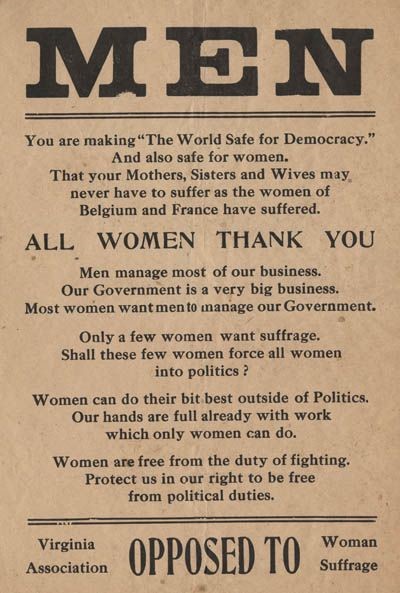
Much of what we now call conservative ideology was built from the ground up during this time. American businessmen, particularly Protestant businessmen, began to propagandize the country, opposing labor unions, women’s rights, and government regulation, and often supporting racism and discrimination against non-Protestants. Mainline Protestant denominations were often deemed too accommodating to change by such people, and they responded by creating new brands of religious fundamentalism. In fact, it was during this time that the very phrase religious fundamentalism became widespread.
In the late 19th century, the vast forests of the American South were in the sights of the timber industry. As the century came to a close, the oil boom began. Both industries were important in the promotion of what became conservative ideology.
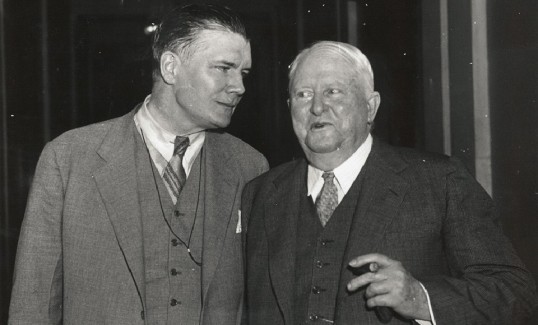
A prime example is a man who built his wealth from both industries, John Kirby of Texas. Born in 1860, he formed in 1901 the gigantic Kirby Lumber Company and the Houston Oil Company, which controlled the oil rights of the former. He became president of the National Manufacturer’s Association and an adviser to presidents. He was also a racist who promoted anti-black, anti-semitic, and anti-Catholic views. He joined with Vance Muse, lobbyist for big oil and southern racism, to promote white Protestant culture and oppose government restrictions on business. Like many conservative American businessmen of the time, he considered labor unions to be part of an international communist Jewish conspiracy. With Muse and others, he founded The Southern Committee to Uphold the Constitution.
This organization, funded by corporations such as DuPont, Sun Oil, and General Motors, fought Franklin Roosevelt and his New Deal tooth and nail. At its first convention, delegates stood and attacked Roosevelt as a “nigger-loving communist.” One referred to a federal anti-lynching law as a “total outrage.” The political power of this organization was enormous. With World War II and the Holocaust, this kind of overt racism was dealt a blow – yet the anti-labor sentiment lived on, and state after state passed anti-labor “right-to-work” laws over the coming decades.
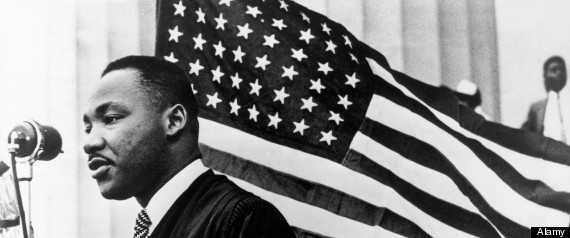
The civil rights movement in the 1960’s finally dealt a death blow to overt racism. But it also put white southerners in the hands of the Republican Party. As it became politically unpopular to espouse racist and male supremacist views, white Protestant culture warriors shifted to coded language, meanwhile continuing to do their best to destroy the power of organized labor. With Ronald Reagan they largely succeeded.
In this sense, the real purpose of men like John Kirby and Vance Muse was achieved. Fundamentally, the propagandization of white working class America by powerful business interests was never about racial supremacy or religion or even culture. That talk was merely a means to an end – keeping the masses distracted while you pick their pockets. Tom Watson, a prominent figure in the People’s Party in the late 19th century, said it well: “You are kept apart that you may separately be fleeced of your earnings. You are made to hate each other because upon that hatred is rested the keystone of the arch of financial despotism which enslaves you both. You are deceived and blinded that you may not see how this race antagonism perpetuates a monetary system which beggars both.” Ironically, and perhaps tellingly, Watson himself later abandoned this and himself tried to use overt racism to appeal to working class whites and improve their situation in life. Men trying to achieve opposite objectives – but using the same means, racist propaganda.
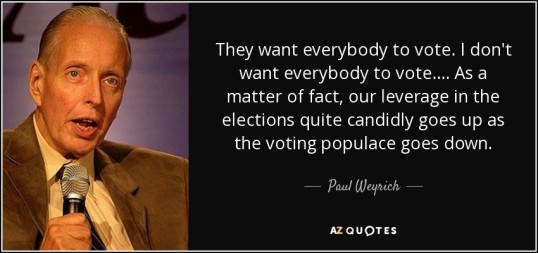
This legacy is still with us. The defense of white Protestant culture is a rallying point for a very different agenda – keeping power out of the hands of working people. That is American conservative ideology. Its success, like the success of religious fundamentalism, has come about because of well-funded propaganda machines. It did not originate in the 1980’s. It did not even originate in the 1930’s. It was built from the ground up by wealthy industrialists years before.
Recently, an article in the NY Times quoted Karen Politz, a senior fellow at the Kaiser Family Foundation, as saying that even if universal health care reduced most people’s health costs, it would be politically difficult to achieve. “It does involve big government, and it’s kind of baked into the American psyche that we resist that,” she said.
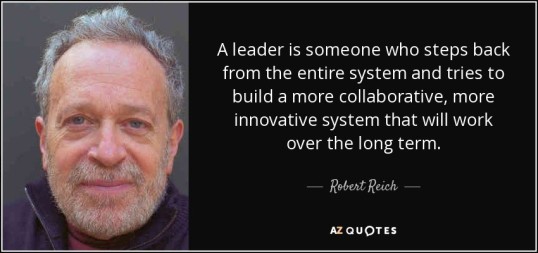
Translation: Americans, white Americans particularly, have been so thoroughly propagandized for over a century that we have no hope of making meaningful change. Many people seem to have forgotten how segregation was “baked in” to southern culture 70 years ago. White supremacy was not hidden, it was defended as a WAY OF LIFE. So yes, it took strong measures to overcome it. But an idea has to stand on its merits, not on excuses like “We don’t have the political will to change.” Funny how when it comes to abortion, mass surveillance, the military, and prisons, resistance to “big government” doesn’t seem to be “baked in” to the American psyche. Excuses are not arguments.
